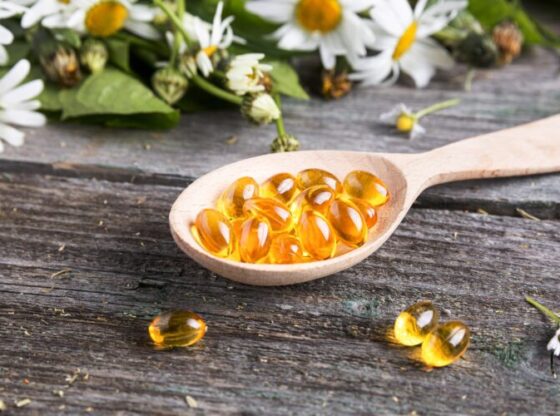Fitosterina offers several health benefits, primarily by managing cholesterol levels and supporting immune function. By competing with cholesterol for absorption in the intestines, it reduces LDL (bad) cholesterol levels, which is crucial for heart health. Additionally, it may enhance immune function, aiding the body in defending against infections and diseases. Found naturally in plant-based foods like fruits, vegetables, nuts, and seeds, it’s easy to incorporate into one’s diet.
Understanding Fitosterina
Fitosterina, a group of plant sterols and stanols, mimics the structure of cholesterol and competes with it for absorption in the intestines. By reducing the absorption of cholesterol, particularly LDL cholesterol, it plays a pivotal role in maintaining cardiovascular health.
The Heart-Healthy Benefits
Numerous studies have highlighted the cholesterol-lowering effects of Fitosterina, making it a valuable ally in the fight against heart disease. By lowering LDL cholesterol levels, it helps reduce the risk of atherosclerosis and cardiovascular events. Incorporating Fitosterina into your daily routine can be a proactive step towards a healthier heart.
Immune Support and Beyond
Beyond its cholesterol-lowering properties, it has shown promise in supporting immune function. Research suggests that this plant compound may help modulate the immune response, enhancing the body’s defenses against infections and diseases. With its multifaceted benefits, it emerges as a holistic approach to overall well-being.
Finding Fitosterina in Nature: Dietary Sources and Recommendations
Fitosterina is naturally present in various plant-based foods, offering a convenient way to boost your intake. Fruits, vegetables, nuts, seeds, and whole grains are rich sources of Fitosterina, making it easy to incorporate this health-promoting compound into your diet. By diversifying your plant-based choices, you can harness the benefits of Fitosterina for optimal health.
Supplementing with Fitosterina: Considerations and Precautions
While its supplements are available, it’s essential to approach them with caution. Excessive intake may lead to side effects such as digestive issues or allergic reactions, emphasizing the importance of moderation. Individuals with specific medical conditions or those who are pregnant or breastfeeding should consult healthcare professionals before adding Fitosterina supplements to their regimen.
The Future of Fitosterina: Unraveling New Horizons in Health
As research on Fitosterina continues to evolve, exciting possibilities emerge for its role in metabolic health, cognitive function, and beyond. Ongoing studies aim to uncover the full potential of this natural compound, shedding light on its diverse benefits and applications in promoting human health. The future holds promise for Fitosterina as a versatile nutrient with far-reaching implications for well-being.
Also Read: Excelsior Pre Workout: A High-Stim Pre Workout Supplement for Energy and Focus
Embracing Fitosterina for a Healthier Tomorrow
In conclusion, it stands as a beacon of plant-based health, offering a wealth of benefits for cardiovascular health, immune support, and overall vitality. By embracing the power of Fitosterina through dietary choices or supplements under professional guidance, you can embark on a journey towards a healthier tomorrow. Let the natural wonders of Fitosterina guide you on a path to holistic well-being and a heart-healthy lifestyle.
FAQs
- What is Fitosterina, and how does it work?
- Fitosterina, also known as phytosterol, is a plant-derived compound that mimics the structure of cholesterol and competes with it for absorption in the intestines, effectively reducing cholesterol levels in the body.
- What are the main health benefits of Fitosterina?
- Fitosterina primarily supports heart health by lowering LDL (bad) cholesterol levels, reducing the risk of atherosclerosis and cardiovascular events. It may also boost immune function and contribute to overall well-being.
- Where can I find fitosterina in my diet?
- Fitosterina is naturally present in various plant-based foods, such as fruits, vegetables, nuts, seeds, and whole grains. Incorporating a variety of these foods into your diet can help increase your intake of fitosterina.
- Are Fitosterina supplements safe, and should I take them?
- While its supplements are available, it’s essential to approach them with caution. Excessive intake may lead to side effects, and individuals with specific medical conditions or those who are pregnant or breastfeeding should consult healthcare professionals before adding supplements to their regimen.
- What does the future hold for Fitosterina research?
- Ongoing research aims to uncover new potential benefits and applications of Fitosterina, such as its role in metabolic health and cognitive function. The future holds promise for fitosterina as a versatile nutrient with far-reaching implications for human health.


